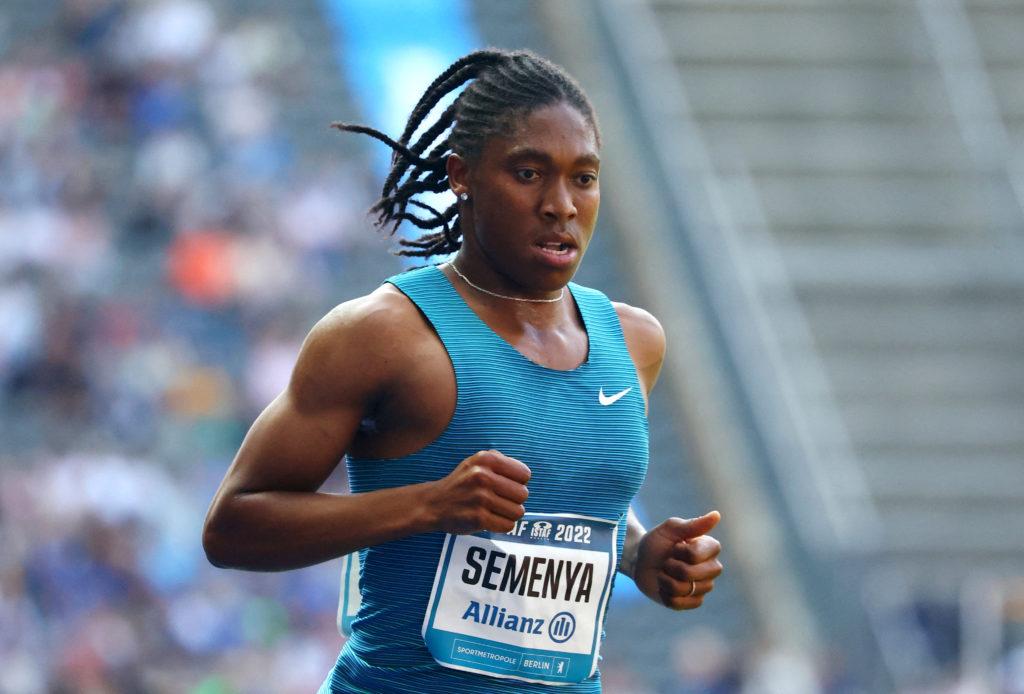A recent United Nations report has brought renewed attention to the ongoing debate surrounding transgender athletes and their participation in women’s sports. The document examines the complex interplay between inclusivity, fairness, and competitive integrity, highlighting diverse perspectives from experts, athletes, and advocacy groups. As sporting bodies and policymakers grapple with evolving guidelines, the report underscores the urgent need for balanced approaches that respect both human rights and the unique challenges faced by female competitors.
UN Report Examines Competitive Dynamics Between Transgender and Female Athletes
Recent findings from the United Nations have cast new light on the nuanced challenges surrounding the participation of transgender athletes in women’s sports. The report underscores how competitive dynamics are evolving, igniting debates about fairness, inclusivity, and the protection of women’s athletic opportunities. Key issues include differences in physical performance metrics and the implications of current eligibility policies across various sporting disciplines.
Highlighted in the report are:
- Biological considerations: The analysis details how physiological factors may influence competitive balance.
- Regulatory frameworks: Disparities in rules from international sports organizations reveal inconsistencies.
- Social impact: Communities and stakeholders are grappling with both rights advocacy and concerns over competitive integrity.
| Aspect | Female Athletes | Transgender Athletes |
|---|---|---|
| Average Testosterone Levels | ~0.5 – 2.4 nmol/L | Varies; often above 5 nmol/L pre-treatment |
| Muscle Mass | Lower relative to males | Potentially higher following male puberty |
| Performance Impact | Baseline norms | Subject to hormone therapy effects |
Analysis of Participation Trends and Performance Outcomes in Women’s Sports
Recent data reveals a complex landscape in women’s sports, where participation rates and competitive performance are influenced by multiple evolving factors. Notably, there has been a significant increase in overall female athlete participation across various disciplines over the past decade. However, fluctuations in competitive outcomes have sparked debates within governing bodies and communities. Athletes’ physical performance metrics, such as speed, strength, and endurance, show diverging trends that often correlate with policy changes surrounding transgender athlete inclusion. This dynamic has prompted calls for more nuanced research and tailored regulations to ensure fairness and inclusivity.
Key observations from the report highlight the following:
- Participation shifts: Growth in grassroots programs contrasts with stagnation at elite levels in some regions.
- Performance impact: Variation in competition results linked to eligibility criteria modifications.
- Policy challenges: Balancing equity and inclusiveness remains a critical concern for sports federations worldwide.
| Category | 2014 | 2024 | Change (%) |
|---|---|---|---|
| Youth Female Participation | 1.2M | 2.1M | +75% |
| Elite Competitors | 4,500 | 4,700 | +4.4% |
| Average 100m Finals Times (seconds) | 11.4 | 11.2 | −1.8% |
Challenges Faced by Female Athletes Highlighted in the Context of Inclusion Policies
Female athletes continue to confront multifaceted obstacles as inclusion policies evolve to accommodate transgender competitors. Many report a growing sense of uncertainty surrounding fairness and competitive balance, with concerns that physiological differences may unintentionally disadvantage cisgender women. This tension highlights a broader debate within sports communities about equal opportunity and integrity in competition, prompting calls for clearer frameworks that address equity without exclusion. Some athletes emphasize that current policies often fail to consider the nuances of physicality and training, resulting in feelings of marginalization and frustration.
Key challenges articulated by female athletes include:
- Perceived inequity in competition standards due to biological advantages.
- Lack of transparent criteria for eligibility and participation.
- Psychological impact stemming from a contentious sporting environment.
- Insufficient support systems for addressing grievances and facilitating dialogue.
A succinct comparison of athlete perspectives is outlined in the table below:
| Issue | Female Athletes’ Viewpoint | Inclusion Policy Aim |
|---|---|---|
| Fairness | Calls for balanced competition. | Ensure participation for all athletes. |
| Eligibility Criteria | Desire for clarity and consistency. | Promote inclusivity with clear guidelines. |
| Psychological Effects | Experience of stress and isolation. | Foster acceptance and mental well-being. |
| Support Structures | Demand for improved advocacy and resources. | Build safe and supportive environments. |
UN Recommendations Advocate for Balanced Approaches Ensuring Fairness and Inclusivity
The United Nations has underscored the necessity of crafting policies that respect the rights of all athletes while preserving the integrity of competitive sports. In its latest recommendations, the organization emphasizes a balanced framework that takes into account both inclusion of transgender athletes and the protection of fairness for cisgender women competitors. Central to these guidelines is the call for evidence-based assessments and ongoing dialogue among stakeholders to ensure that sporting environments remain equitable and respectful.
Key points outlined in the report include:
- Collaborative policymaking: Encouraging input from athletes, medical experts, and human rights advocates.
- Flexibility: Allowing sports federations to adapt guidelines based on discipline-specific needs.
- Transparency: Ensuring open communication on eligibility criteria and review processes.
| Aspect | Recommendation | Goal |
|---|---|---|
| Inclusion | Accessible participation pathways | Respect for identity |
| Fairness | Scientific eligibility standards | Level playing field |
| Monitoring | Regular policy reviews | Adaptability |
Key Takeaways
As discussions around transgender athletes in women’s sports continue to evolve, the UN report underscores the complexity of balancing inclusivity with fair competition. Stakeholders across the sporting world are now tasked with navigating these challenges thoughtfully, ensuring that policies respect the rights and integrity of all athletes. Ongoing dialogue and research will be crucial in shaping equitable approaches moving forward.





